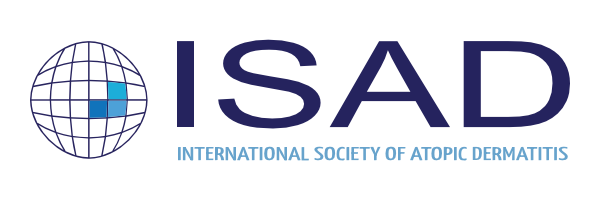
Linde de WIJS
March 2021 update: publication
I am happy to let you know that our first article resulting from my research fellowship in Japan has been accepted for publication in the BJD.
You can find it here: pubmed.ncbi.nlm.nih.gov/33657668
December 2020 update

First of all, I am very thankful for the opportunity to investigate the pro-active treatment of AD in Japan, the role of TARC in this treatment, and differences in AD (treatment) between Japan and the Netherlands. During my fellowship at the Osaka Prefectural Medical Center, we initiated our study investigating the differences between Japanese and Dutch AD patients leading to interesting results which will soon be shared. Besides, I have gained scientific and clinical experience in the use of TARC in daily practice, which is used as a tool for pro-active treatment of AD. We look forward to a fruitful and long-term collaboration, with prospective studies to further investigate this interesting topic. I am very grateful for the collaboration with dr Yoko Kataoka and dr Rai Fujimoto, who gave me a warm welcome and made sure i got the most out of my fellowship.
February 2020
My research as a PhD-student at the Erasmus University MC (Rotterdam, The Netherlands) is centered on atopic dermatitis care in daily practice. AD gained my interest because of the diversity of the disease, but most of all because of the major and intense impact it can have on patients’ lives.
Until now, one focus of our research team was evaluation of dupilumab treatment in a real life setting, considering the effectiveness and specific side effects including paradoxical facial erythema. Additionally, we are really interested in the role of serum biomarkers in measuring and monitoring disease activitiy.
Recently, I started my research fellowship in the Osaka Habikino Medical Center (Osaka, Japan), in collaboration with Kyoto University. Here, serum TARC levels are being used routinely in daily practice as a biomarker for disease severity and as an instrument to reach tight-control, since 2008. During my research fellowship, I will further investigate the role of TARC in the pro-active treatment of AD in daily practice.
I am very excited for being awarded with this ISAD research fellowship grant and want to thank ISAD for the support to make all this possible.

